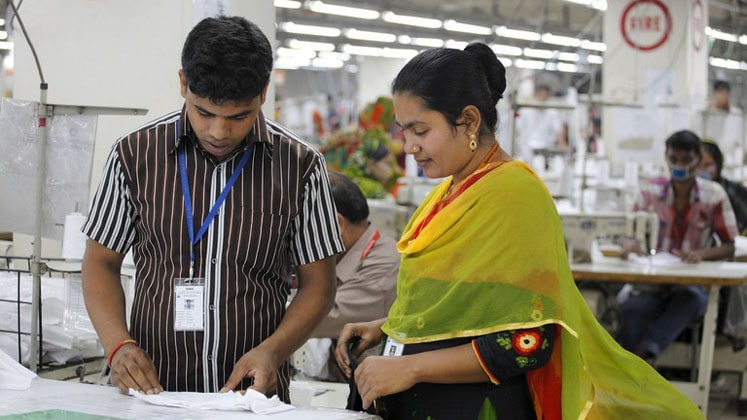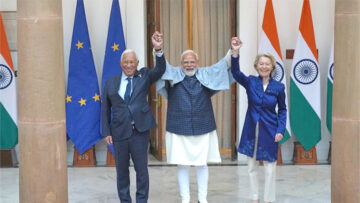
Just one year after India’s Dindigul Agreement went into effect, the International Labour Rights Forum notes significant advancements in the fight against gender-based violence and harassment (GBVH) in the workplace.
The Agreement was created in April 2022 by the Dalit and female worker-led Tamil Nadu Textile and Common Labour Union (TTCU) in India in an effort to abolish GBVH at Eastman facilities in Dindigul, in the southern Indian state of Tamil Nadu. Eastman Exports is a clothing and textile company.
Workers’ unions TTCU, Asia Floor Wage Alliance (AFWA), and Global Labor Justice- International Labor Rights Forum (GLJ-ILRF) joined forces with international retailers H&M Group, Gap Inc., and PVH Corp. to sign the legally binding agreement in memory of a young garment worker, TTCU member, and Eastman employee whose life was brutally cut short by GBVH.
The Dindigul Agreement intends to provide women a collective voice, agency, and power in their workplaces and the fashion supply chain, according to the workers’ rights groups.
Following the signing of the Agreement, the progress made by women garment workers, including migrants, in Tamil Nadu, India, against GBVH was detailed in the Dindigul Agreement Year 1 Progress Report released by GLJ-ILRF, AFWA, and TTCU.
It draws attention to how the swift and thorough eradication of GBVH under the Agreement has paved the way for the effective eradication of other labour offences under national legislation relating to minimum wages, social security payments, occupational dangers, and other workplace conditions.
The workers’ rights unions note that between 2021 and 2022, Eastman Exports increased worker efficiency by 16 per cent, increased reporting to work on time by 4.3 per cent, and decreased attrition rate by 67 per cent thanks to the development of a multi-tier bottom-up survivor-centered GBVH identification, prevention, and remediation system and mature industrial relations.






